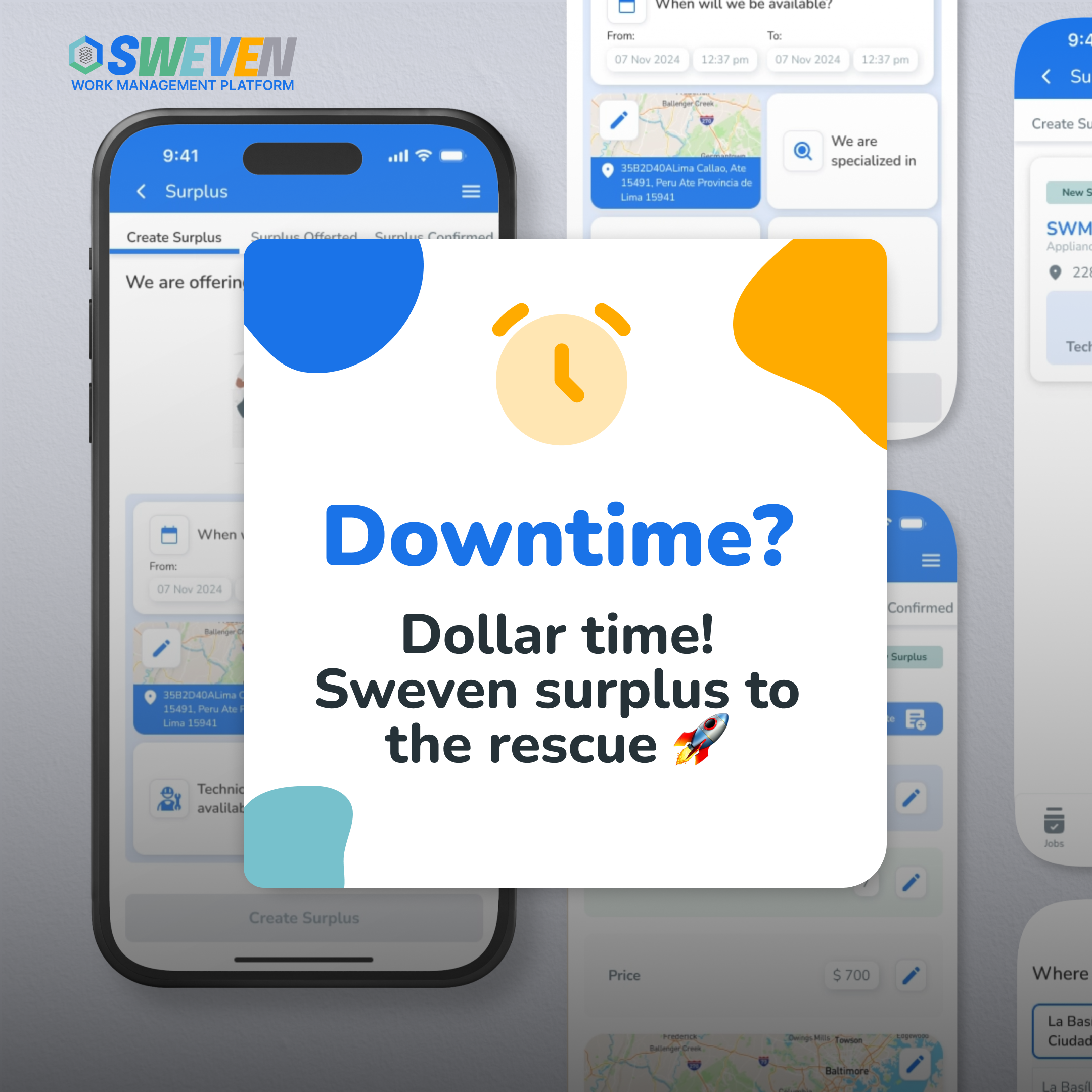Without routine contract audits, your facility could be paying 20-30% more than necessary for services. According to a McKinsey report, organizations that actively manage supplier relationships reduce costs by up to 25%.
Here are some red flags that your vendor contract may be costing you more than it should:
1. You’re Paying for Services You Don’t Actually Need
Many vendor contracts include bundled services that seem like a good deal but end up being unnecessary. For example, if your landscaping contract includes monthly irrigation maintenance, but your facility already has an automated system, you’re likely overpaying.
2. Pricing Has Increased Without Justification
It’s common for facility service vendors to raise prices annually, but these increases should be outlined in the contract. If costs have gone up without a clear reason—or if you never compared competitive vendor bids—you might be getting overcharged.
3. Your Contract Lacks Performance Benchmarks
Does your contract define response times, service quality standards, and penalties for missed deadlines? Without these benchmarks, vendors have no accountability, leading to slower repairs and higher facility maintenance expenses.
How to Audit Your Vendor Contracts for Cost Savings
Step 1: Gather and Review All Service Contracts
Start by collecting all facility service contracts, including those for:
- Janitorial services
- HVAC maintenance
- Landscaping
- Security services
- Waste management
Look for auto-renewal clauses and pricing adjustments that could be inflating costs. Many businesses overpay simply because they don’t review automatic contract renewals.
Step 2: Compare Your Vendor Costs to Industry Benchmarks
Industry benchmarks can help you determine if you’re overpaying for facility services. For example, IFMA reports that commercial buildings spend an average of $1.75 per square foot on janitorial services. If your costs are significantly higher, it’s time to negotiate vendor pricing or explore competitive bids.
💡 Looking for a better way to manage vendor costs? Learn how a vendor management system can help you track expenses and improve contract negotiations. Check out this guide on vendor oversight.
Step 3: Negotiate Better Terms or Find New Vendors
Once you’ve identified pricing discrepancies or performance issues, approach your vendor with a plan.
- Request a price review: Highlight areas where competitors offer better pricing.
- Renegotiate service levels: If you’re paying for unnecessary services, modify the contract.
- Explore competitive bidding: If your vendor won’t budge, consider requesting new bids to find a better deal.
According to Harvard Business Review, companies that actively negotiate vendor contracts reduce costs by 10-15% while improving service quality.
Take Control of Your Facility Costs
Auditing vendor contracts isn’t just about cutting costs—it’s about ensuring your facility gets the best possible service at a fair price. With rising facility management expenses, now is the time to take a closer look at your contracts and negotiate smarter vendor agreements.
🔍 Want an easier way to manage vendor contracts and avoid overpayment? Explore how automated vendor management can streamline your process and cut costs. Learn more here.
How to Audit Your Vendor Contracts
Conducting a contract audit ensures that you are only paying for services that align with your business needs. Follow these steps to systematically review and optimize your vendor agreements.
Step 1: Gather All Vendor Contracts
Start by collecting all facility service agreements, including contracts for:
- Janitorial and cleaning services
- HVAC maintenance
- Security services
- Landscaping
- Pest control
- Waste management
Ensure you have the most recent contract versions and any amendments made over time.
Step 2: Identify Key Contract Terms
Review the fine print for the following:
- Pricing Structures: Identify fixed vs. variable costs.
- Renewal Clauses: Check if contracts auto-renew without review.
- Termination Conditions: Look for penalties for early termination.
- Service Frequency: Determine if service schedules align with actual needs.
Step 3: Compare Service Costs to Market Rates
Research industry benchmarks to determine if you are overpaying. Request competitive quotes from alternative vendors to see if better rates are available.
Step 4: Assess Vendor Performance
Review past performance based on:
- Response times to service requests.
- Service quality and completion rates.
- Incident reports and customer feedback.
Consider conducting periodic vendor evaluations to ensure compliance with SLAs.
Step 5: Renegotiate or Consolidate Services
If inefficiencies are found, approach vendors with data-backed insights to renegotiate pricing, eliminate unnecessary services, or switch to a more cost-effective provider.
How AI Can Optimize Facility Service Contracts
AI-powered tools are revolutionizing contract management by automating the audit process and providing actionable insights. Here’s how AI can help:
- Automated Contract Analysis
AI tools can scan contracts for hidden fees, outdated pricing structures, and unfavorable clauses. This eliminates the need for manual contract reviews and ensures nothing is overlooked.
Example: AI can detect auto-renewal clauses that lock businesses into long-term commitments without renegotiation. - Cost Optimization Through Data Insights
AI compares historical spending with market rates, identifying cost-saving opportunities. By analyzing patterns, businesses can optimize vendor contracts based on actual service usage.
Example: AI may reveal that a business is paying for daily cleaning services when occupancy data suggests that three times a week would be sufficient. - Predictive Maintenance and Service Needs
AI can track service usage patterns and predict future facility needs, preventing unnecessary spending on routine maintenance.
Example: Instead of scheduling HVAC maintenance on a fixed schedule, AI can recommend servicing based on real-time performance data, reducing unnecessary visits. - Contract Compliance and Vendor Performance Monitoring
AI continuously tracks vendor performance and contract compliance, flagging any discrepancies in billing or service delivery.
Example: If a vendor charges for weekly pest control but reports show they only serviced twice a month, AI can detect the inconsistency and trigger a contract review.
Final Thoughts: Take Control of Your Vendor Contracts
Overpaying for facility services is a common issue, but regular contract audits and AI-driven optimization can help businesses regain control. By identifying hidden fees, reducing inefficiencies, and leveraging AI for smarter contract management, businesses can save thousands of dollars annually while ensuring high-quality service.
To maximize cost efficiency, schedule an annual contract audit and consider implementing AI tools to continuously monitor vendor performance and spending. Taking a proactive approach now can lead to long-term savings and improved operational efficiency. For more information on optimizing facility service contracts, click here.















